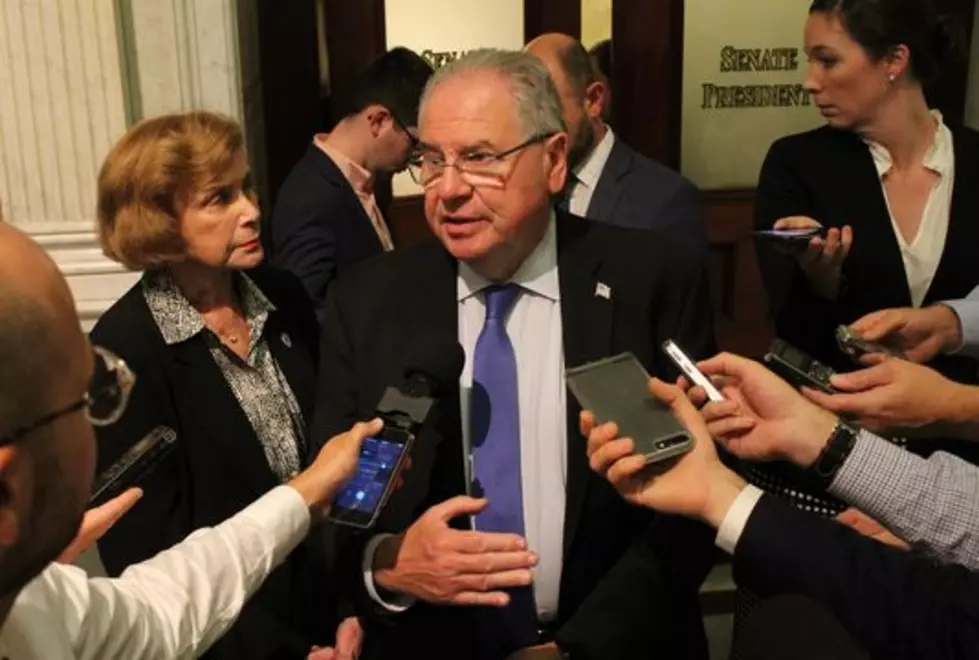![Not Filling Out Census Will Cost Us [PHIL-OSOPHY]](http://townsquare.media/site/518/files/2018/12/GettyImages-901942006.jpg?w=980&q=75)
Not Filling Out Census Will Cost Us [PHIL-OSOPHY]
The United States Census has clearly changed it mechanisms since 1790 when marshals visited every household on horseback. What's also changed is for every person not counted, the taxpayers have to come up with extra money. In fact, undercutting not only disrupts government funding, it can penalize how much representation you get.
Why isn't everyone counted? By their own choice, some people distrust the government or fear they'll be deported, or are too lazy or ignorant. They don't realize that only by filling out the census will we get the most accurate federal funding that is used by the states and the local towns and cities.
The census determines how many seats in Congress the state gets. In 2010, for instance, Massachusetts lost a congressional seat, from 10 to nine seats, while Florida gained two, from 25 to 27. Seats are drawn for state legislative and senatorial districts using the census.
In local government, cities and towns use census data to draw wards and districts. Arizona is about to snag one of Rhode Island's two U.S. House seats after the 2020 Census, leaving Rhode Island with just one representative in the chamber for the first time since George Washington was president. The census dates back to the birth of the Republic and determines representation, and therefore the Electoral College itself.
Elderly and disabled members who receive food assistance in Massachusetts will be affected, and so will WIC recipients, because the census counts determine total funding for these and other programs.
I'm just scratching the surface as to why it's so important to get the word out that filling in the census just makes sense for us.
Phil Paleologos is the host of The Phil Paleologos Show on 1420 WBSM New Bedford. He can be heard weekdays from 6 a.m. to 10 a.m. Contact him at phil@wbsm.com and follow him on Twitter @PhilPaleologos. The opinions expressed in this commentary are solely those of the author.
More From WBSM-AM/AM 1420
![U.S. Capitol Siege Should Serve as a Warning [OPINION]](http://townsquare.media/site/518/files/2021/01/GettyImages-1294949440.jpg?w=980&q=75)

![It’s Basically Hijacking Democracy [PHIL-OSOPHY]](http://townsquare.media/site/518/files/2020/11/GettyImages-1285530007-1.jpg?w=980&q=75)
![Do We Elect by Popular Vote? [PHIL-OSOPHY]](http://townsquare.media/site/518/files/2020/10/GettyImages-1027430956.jpg?w=980&q=75)
![SCOTUS Electoral College Case Could Matter [OPINION]](http://townsquare.media/site/518/files/2020/10/GettyImages-1228773157.jpg?w=980&q=75)
![Nearly 18,000 Votes Were Cast Off [PHIL-OSOPHY]](http://townsquare.media/site/518/files/2020/09/RS24656_GettyImages-146069212-scr.jpg?w=980&q=75)

![Massachusetts House Has Time for True Police Reform [OPINION]](http://townsquare.media/site/518/files/2020/06/statehouse.jpg?w=980&q=75)

